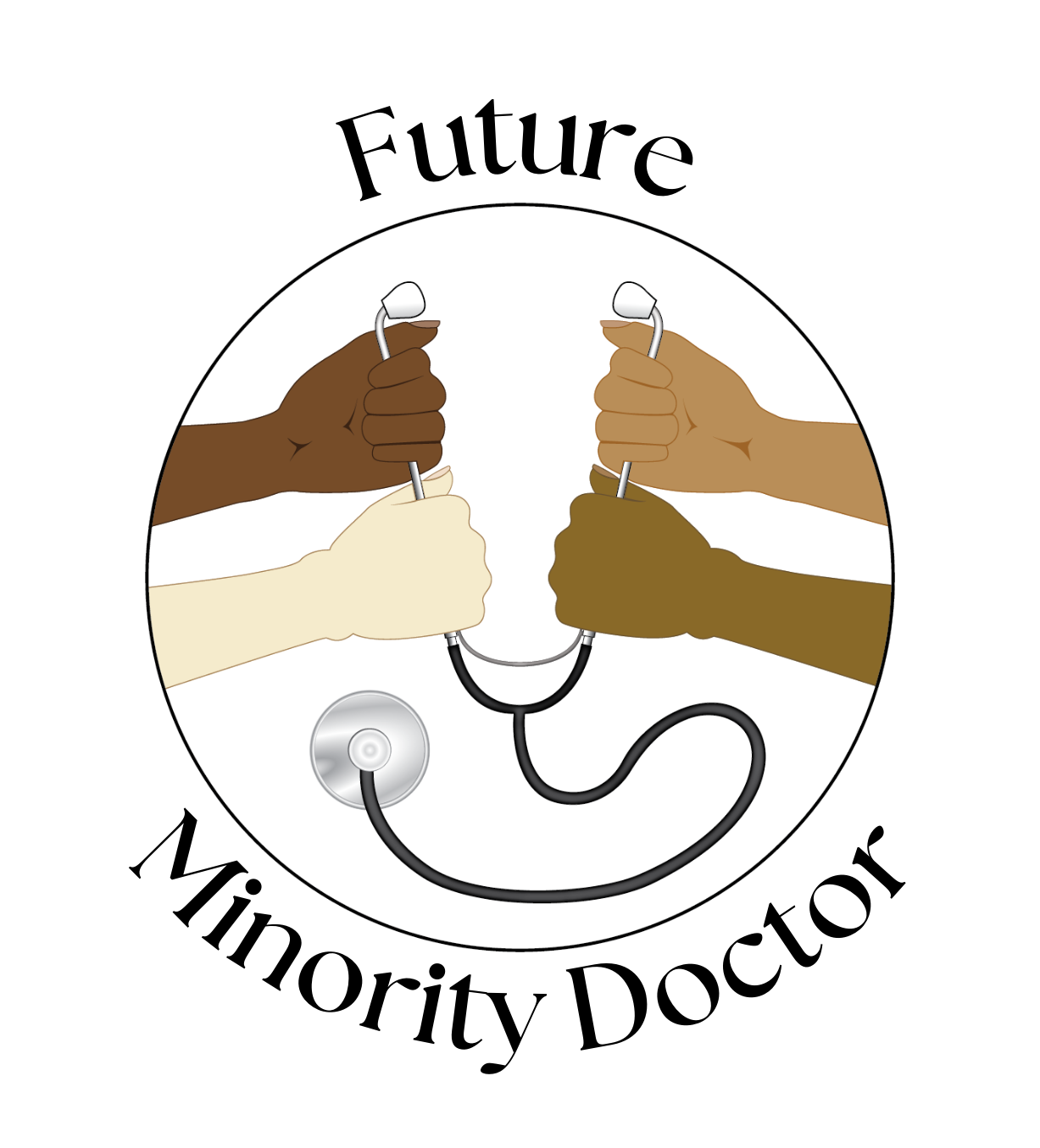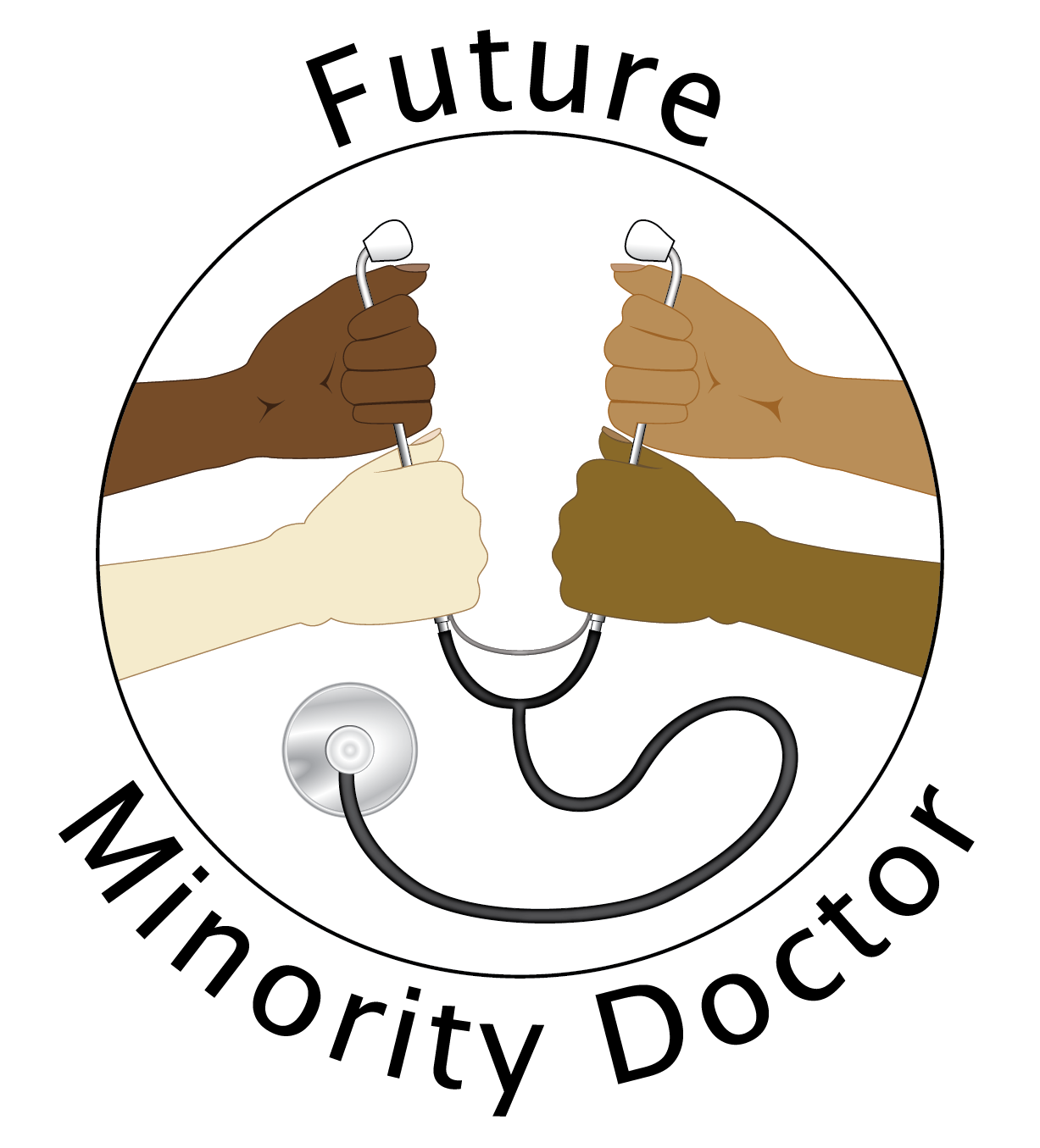Daniel’s Personal Statement
At the age of four, my family and I immigrated to the US from Mexico. I did not understand English and would sob uncontrollably when spoken to, feeling overwhelmed with anxiety. My father, who distrusts Western medicine and believes in herbal remedies, had endured excruciating pain from kidney stones for years. He relied on his daily arnica teas and herbal supplements until he could no longer bear the pain and finally sought help in an emergency room. I was seven years old and found myself in a hospital room attempting to interpret a conversation between my father and the doctor. The language barrier and my unfamiliarity with Western medicine made the experience daunting. My father reluctantly consented to surgery to remove multiple large stones. I accompanied him as an unofficial interpreter to his follow-up appointments where I continued to overcome my fears and try to advocate for my family. These encounters marked the start of my path to medicine – even as a young and frightened child, I recognized the significant role that I could play as a bilingual and bicultural physician.
My role as my sister's health advocate further deepened my interest in medicine. When “Rosa” experienced her first seizure at age 11, my family embarked on a long and frustrating journey to find answers. Multiple visits to the ER and consultations with various specialists left us disheartened. Witnessing my mother struggle to communicate and my sister too afraid to speak up, I decided to take the initiative. When we finally met the neurologist Dr. Sha, I took charge and described Rosa’s seizure history and our family's frustrations at getting a diagnosis or finding good treatment options. I was still only an anxious teenager, but surprisingly my voice maintained a sense of composure, and with each word my confidence grew. Dr. Sha's curiosity and engagement fueled my determination. I conducted extensive research, documented Rosa’s medical history and seizures, and simplified the information for my parents in Spanish. Over the next few months, my parents became more active participants in her care. Rosa’s comfort level increased and she spoke up more during appointments. Witnessing the transformative power of a compassionate clinician like Dr. Sha, my vision of myself as a future physician who could help families facing health challenges was cemented.
In college, I began volunteering in the breast cancer prevention department at Sutter Health Alta Bates Hospital where I had the opportunity to enroll uninsured patients living in poverty into the Every Woman Counts program. One day, I assisted “Ms. Lopez,” a woman who qualified for a free mammogram but was distrustful of our offer of free medical care. She reminded me of my own mother’s hesitancy to seek healthcare in a new country. I had a lengthy phone conversation with her in Spanish, getting to know her and helping to explain the importance of preventive care and the public health goals of our program. I clarified the importance of early breast cancer detection and accommodated her work schedule for an appointment. Working with women like Ms. Lopez opened my eyes to the shared experiences of immigrants navigating a complex healthcare system. It also fueled my determination to become a physician who advocates for this community and helps them reclaim power over their health.
This experience motivated me to delve deeper into the connection between physicians and marginalized communities. After graduating from college, I joined the Clear lab at UCSF, where I facilitate community advisory board meetings. Caregivers from Hispanic and Black communities across California served as experts, providing valuable insights to inform research and healthcare materials. During a session, we discussed resources to address toxic stress, an issue often overlooked in minority households. The caregivers expressed hope in seeing clinicians embrace a trauma-informed approach, as mental health and toxic stress routinely get dismissed in their communities. I resonated with the sentiment as I have been expected to push through challenges without addressing my emotional well-being. The conversation shifted when they expressed that these conversations required providers to establish a transparent and trusting relationship with their patients. Medicine has wronged marginalized communities through research, like the Tuskegee experiment, and our caregivers want to ensure they have autonomy in their care and that providers hear them. I shared these concerns with our research team and continue to lead conversations on how providers can establish this. The advisory board meetings showed me that serving the community is not enough; we must partner alongside them to ensure that their voices are informing system changes in healthcare.
I am driven to become a physician leader who addresses healthcare disparities and collaborates with communities to ensure equitable and empathetic care for all. I aim to bridge gaps in healthcare access, continuing to learn from patients and community allies to inform healthcare, research, and medicine. I want to be actively involved in creating a more inclusive and patient-centered healthcare system.
Character Count: 5216 (limit is 5300)

